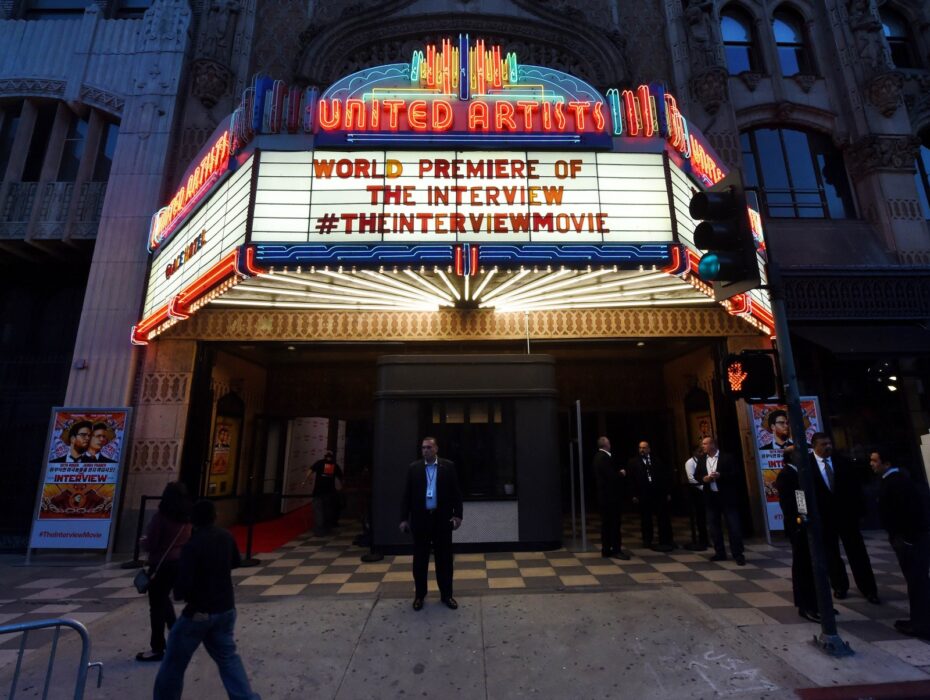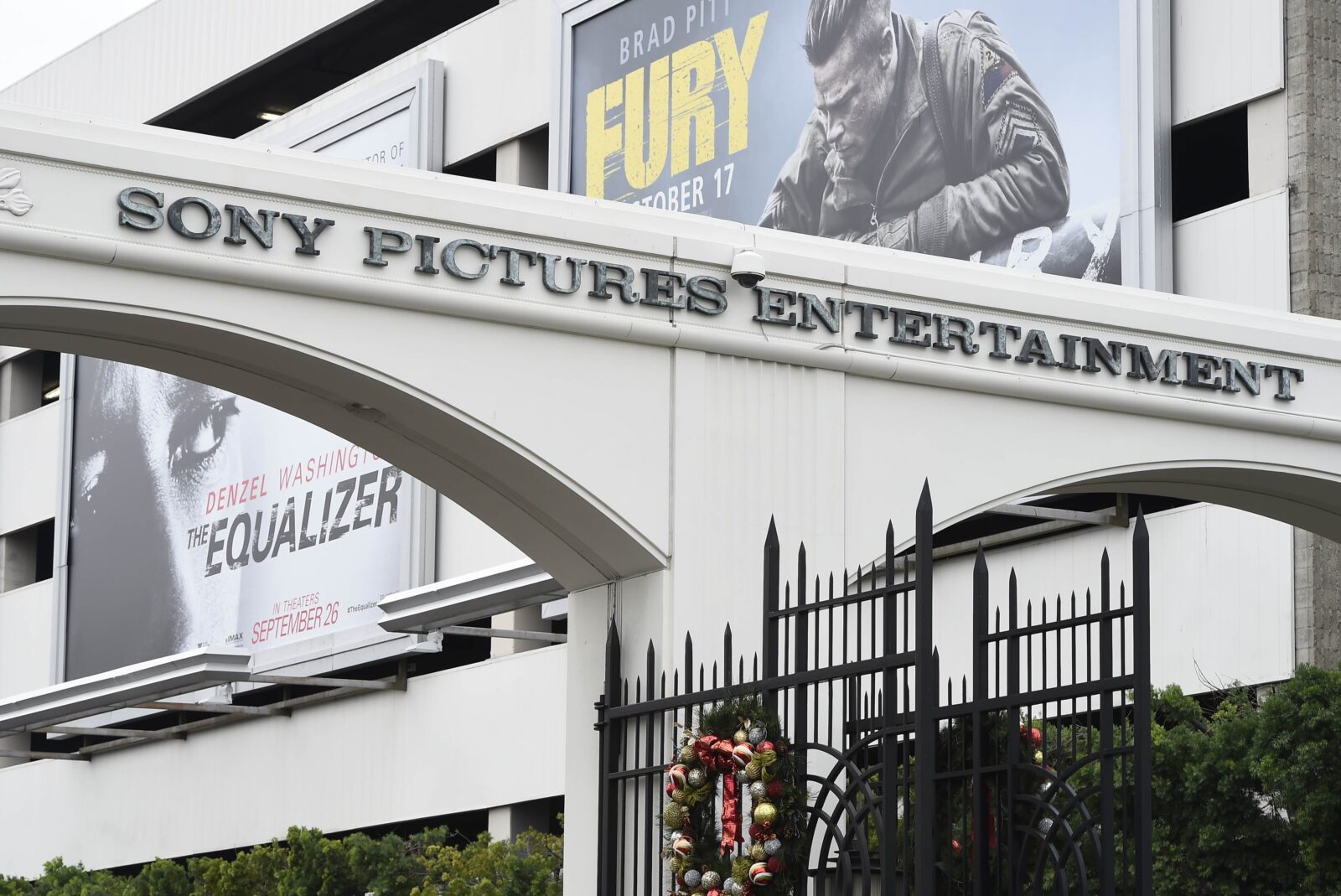There has been a lot of controversy surrounding Hollywood movie studio Sony Pictures Entertainment lately. No, it’s not an elaborate PR stunt – the company’s computer network was hacked.
Along with a huge amount of confidential information about the company being exposed (including employee emails), and more seemingly on the way, the hacking created sensational headlines across the world.
Here, we take a look at eight things you should really know about the Sony hacking.
1. The gist of it
On Nov 24, it was reported that Hollywood powerhouses Sony Pictures had been hacked, when its employees logging in at work found an image of a skull and a list of threats on their computers, a message from a group of hackers that calls itself “Guardians of Peace”.
The hackers managed to shut down Sony’s entire computer system temporarily crippling the company. But the real damage was the terabytes of private and confidential data they stole – which the hackers have been releasing in waves so far.
2. Nobody really knows who’s behind the Guardians Of Peace
Most at the moment are pointing the finger at – would you believe it – North Korea. The accusations stem from the state’s displeasure at Sony’s upcoming movie The Interview, a comedy featuring James Franco and Seth Rogen about the assassination of North Korean leader Kim Jong Un.
However, North Korea has denied being involved. Even the FBI announced it was doubtful North Korea was behind the hacking after its initial investigations.
Having said that, the Guardians Of Peace have made it clear that the hacking was done to stop the release of The Interview. Coincidence? Go figure.
UPDATE: A New York Times article has reported that American officials now believe North Korea was “centrally involved” in the hacking, and that the White House is now “debating whether to publicly accuse North Korea of what amounts to a cyberterrorism attack”.

3. What has been leaked?
The hackers have so far released close to 200 gigabytes of confidential documents – from the company’s financial data to upcoming movies details, personal emails between Sony executives and even sensitive information regarding the company’s employees.
4. The dirt on Sony
As journalists scour through the leaked information, minor scoops have been released. For now, some of the biggest news to make headlines include the revelation that 16 of Sony’s 17 highest paid executives are males, the studio’s considering a Spider-Man movie crossover with Marvel (the only good news so far) and a leaked script of the upcoming James Bond movie Spectre.
On a more controversial front, the leaked emails saw one executive calling Angeline Jolie a “minimally talented spoiled brat” while another labelled Kevin Hart a “whore”.
Much has also been made of an email exchange between studio co-chairman Amy Pascal and producer Scott Rudin, where they joked about how United States president Barack Obama preferred movies featuring (or directed by) African Americans.
5. More dirt is coming
A statement by the hackers earlier claimed they had obtained up to 100 terabytes of info from their efforts. So far, they are claiming they would keep releasing information by waves, dubbing the latest leaked emails of Sony boss Michael Lynton as the start of a “Christmas gift”.
6. Is reporting all this ethical?
As more information is being leaked, uncovered and reported, questions have been raised regarding the legality and ethics of it all. Should the media report the leaked information? Is it ethical to share stolen data?
While some are calling it fair play, screen writer Aaron Sorkin, in an article for the New York Times, disagrees and pleads the media not to aid the hackers’ agendas. Sorkin himself had a few emails leaked as a result of the hack.
“I understand that news outlets routinely use stolen information. That’s how we got the Pentagon Papers, to use an oft-used argument. But there is nothing in these documents remotely rising to the level of public interest of the information found in the Pentagon Papers,” he wrote.

Producer Judd Apatow weighed in on the debate as well with this tweet:
Releasing private Sony e mails to hurt people is the same as releasing nude photos of Jennifer Lawrence. Why are they ok to print?
— Judd Apatow (@JuddApatow) December 11, 2014
7. The hack was hi-tech
According to Variety, FBI cyberdivision assistant director Joseph Demarest suggested in a statement that it was extremely difficult to defend against the way the hackers breached Sony’s security. In fact, the malware that was used would be able to slip past “90% of the net defences that are out there today in private industry”.
8. The hackers (vaguely) threatened a repeat of 9/11
In a new statement cited by US media, the hackers warned movie-goers against watching The Interview — or even being around the vicinity of a cinema showing the movie — by condemning them to a “bitter fate” otherwise.
“Remember the 11th of September 2001. We recommend you to keep yourself distant from the places at that time. (If your house is nearby, you’d better leave.),” it said.
UPDATE: Sony Pictures has canceled its scheduled Christmas release of The Interview. Threats by the Guardians Of Peace hacker group had already led five of the biggest cinema chains in the US to drop the movie, and its New York premier also had to be canceled.




Leave a reply